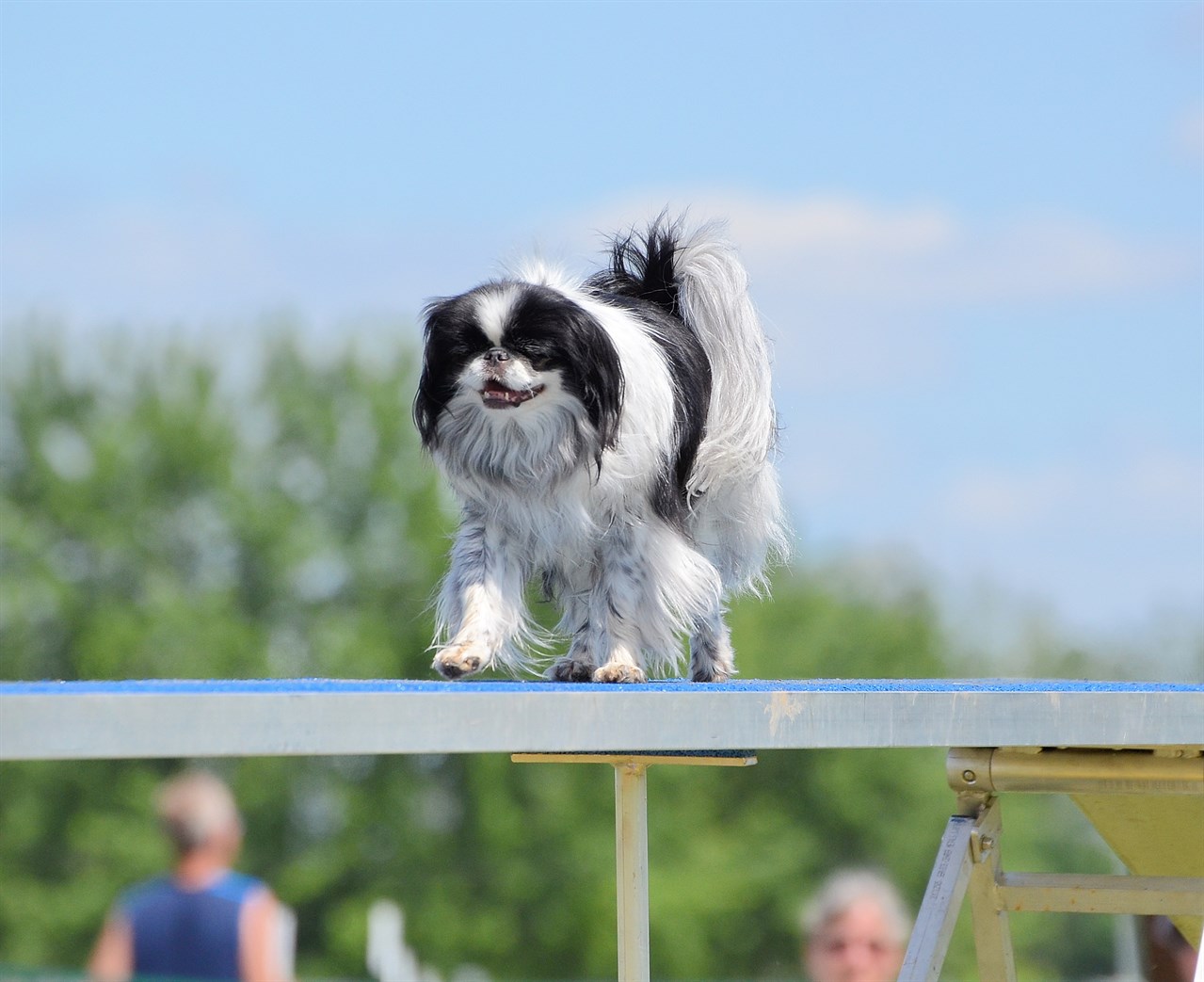Downsides to Ownership of the Japanese Chin: Considerations for Potential Owners

While the Japanese Chin is a charming and affectionate breed, like any dog, they come with their set of downsides or disadvantages that potential owners should be aware of. These factors can vary depending on individual preferences and lifestyles. Here are some downsides to consider when contemplating Japanese Chin ownership.
Brachycephalic Issues
Japanese Chins have a flat, brachycephalic face, which can lead to respiratory problems, especially in hot or humid weather. They may be prone to snoring and can have a hard time cooling down. This breed should not be exposed to excessive heat or strenuous exercise in warm conditions.
Fragility
Japanese Chins are small and delicate dogs. Their fragile structure makes them susceptible to injuries, especially when handled roughly by children or during playtime with larger dogs. Caution and supervision are crucial to prevent accidental harm.
Grooming Requirements
Their beautiful, silky coat requires regular grooming to prevent matting and tangling. This grooming commitment can be time-consuming and may require professional grooming services.
Dental Health
Small dog breeds like the Japanese Chin are prone to dental issues, including tooth decay and gum disease. Regular dental care, including tooth brushing, is necessary to maintain their oral health.
Exercise Sensitivity
While they enjoy moderate exercise, Japanese Chins are not well-suited for highly active individuals or families seeking an active outdoor companion. They have limited endurance and may not be able to keep up with strenuous physical activities.
Housebreaking Challenges
Housebreaking can be challenging for Japanese Chins, particularly for puppies. Consistent training and patience are required to establish good bathroom habits.
Sensitivity to Change
Japanese Chins are sensitive dogs that may not adapt well to significant changes in their environment or routine. They thrive on stability and predictability.
Potential Health Issues
Like all breeds, Japanese Chins are susceptible to certain health problems, including heart conditions, eye issues, and dental problems. Owners should be prepared for potential healthcare expenses.
Moderate Barking
While not excessively vocal, Japanese Chins can be prone to barking, especially when they sense a potential threat or unfamiliar situations. This can be a downside if you live in a noise-sensitive environment.
Allergenic
Japanese Chins are not hypoallergenic. They produce allergenic proteins in their saliva, urine, and dander, which can trigger allergies in sensitive individuals.
In summary, while the Japanese Chin is a lovely and affectionate breed with many positive qualities, potential owners should be aware of these downsides to make an informed decision. Responsible ownership, proper care, and understanding their specific needs are essential to ensure a happy and healthy life for your Japanese Chin.
Japanese Chin puppies for sale
- Find Japanese Chin puppies for sale in ACT
- Find Japanese Chin puppies for sale in NSW
- Find Japanese Chin puppies for sale in NT
- Find Japanese Chin puppies for sale in QLD
- Find Japanese Chin puppies for sale in SA
- Find Japanese Chin puppies for sale in TAS
- Find Japanese Chin puppies for sale in VIC
- Find Japanese Chin puppies for sale in WA